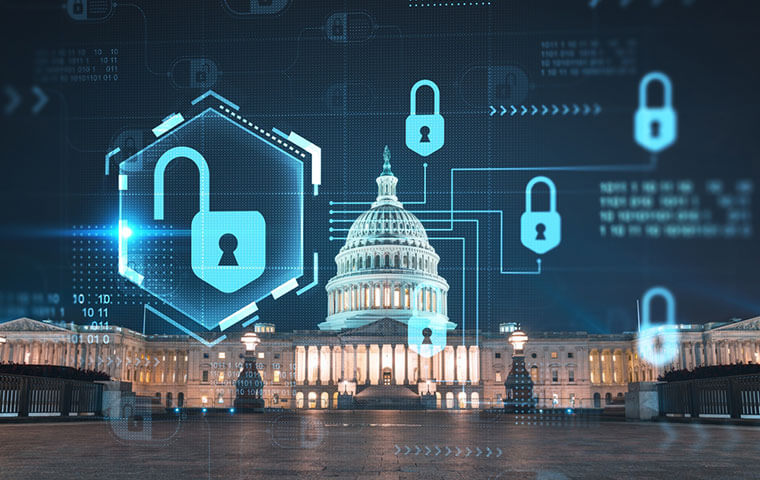 The bill would increase the cap on scholarships from three to five years. Image: VideoFlow/Shutterstock.com
By: FEDweek Staff
The bill would increase the cap on scholarships from three to five years. Image: VideoFlow/Shutterstock.com
By: FEDweek StaffA bipartisan bill offered in the House (HR-10209) would expand the Scholarship for Service program, one of the tools available to agencies for addressing the shortages of employees with those skills in their workforces.
The program offers scholarships for up to three years of undergraduate or graduate education in cybersecurity, supporting Ph.D., master’s, bachelor’s, and associate degrees focused on cybersecurity in fields such as AI, aerospace and quantum technologies. Recipients commit to working in a cybersecurity role within the government for a period equal to the length of their scholarship.
The bill would increase the cap on scholarships from three to five years, to accommodate students pursuing advanced degrees like Ph.D’s, and clarify that the full amount of student loans is eligible for forgiveness, to addresses concerns raised by participants about loan repayment challenges.
“The federal government has a lot of work to do when it comes to recruiting and retaining the next generation of the federal workforce, especially in critical fields like cybersecurity and emerging technologies. This bipartisan legislation will go a long way toward strengthening our nation’s cybersecurity posture by ensuring we can attract the best of the best to serve our country,” sponsors said in a statement.
While time is fast running out on the current Congress, its introduction now signals that sponsors will reintroduce the plan in the new Congress that starts in January.
Key Bills Advancing, but No Path to Avoid Shutdown Apparent
TSP Adds Detail to Upcoming Roth Conversion Feature
White House to Issue Rules on RIF, Disciplinary Policy Changes
DoD Announces Civilian Volunteer Detail in Support of Immigration Enforcement
See also,
How Do Age and Years of Service Impact My Federal Retirement
The Best Ages for Federal Employees to Retire
How to Challenge a Federal Reduction in Force (RIF) in 2025
Should I be Shooting for a $1M TSP Balance? Depends…

